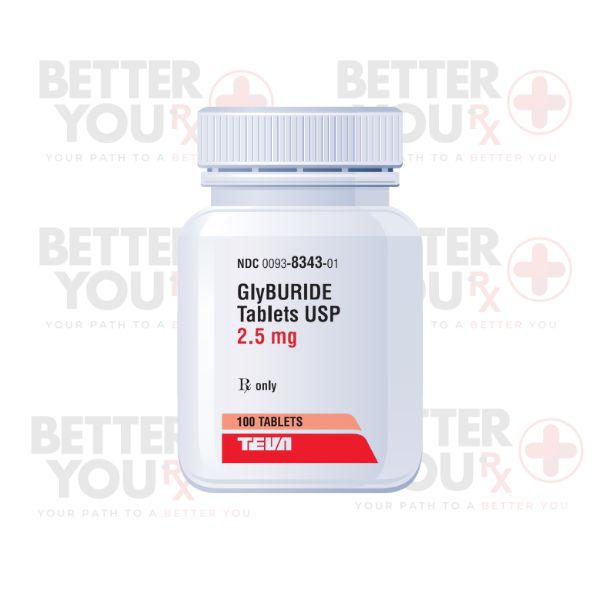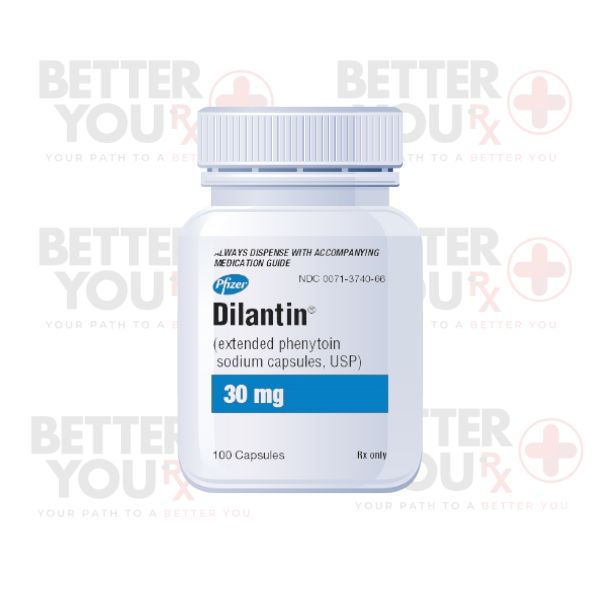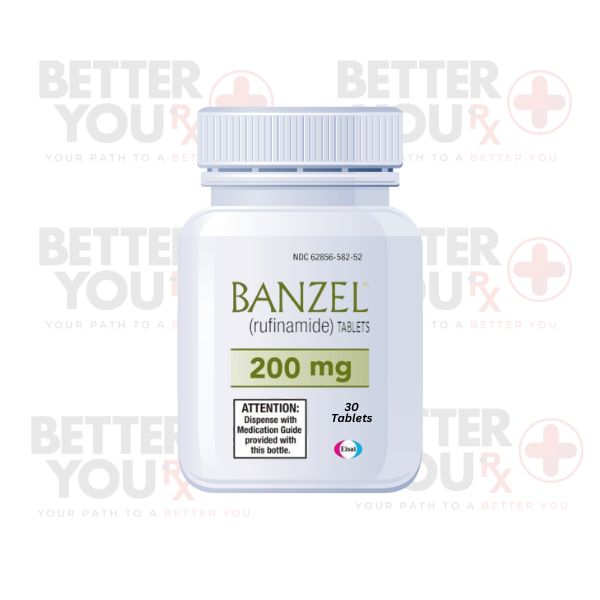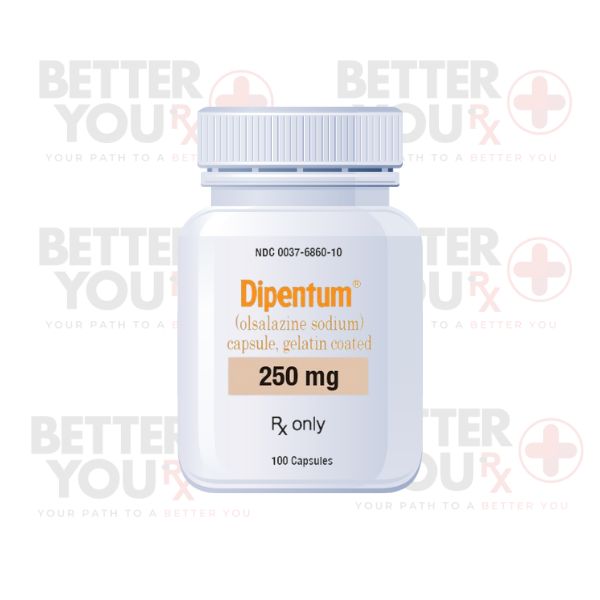Description
Glyburide, also known by its brand names, such as Diabeta and Glynase, is a medication used to manage blood sugar levels in people with type 2 diabetes mellitus. As a part of the sulfonylurea class of drugs, glyburide works by increasing the release of insulin from the pancreas. This action helps lower blood sugar levels. It is used when diet, exercise, and weight reduction have not been found to control blood sugar well enough on their own.










Reviews
There are no reviews yet.